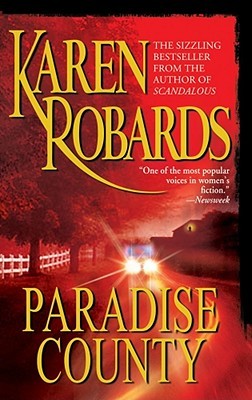THE FUGITIVE ★★★★★
Image source: http://upload.wikimedia.org/wikipedia/en/c/c7/The_Fugitive_movie.jpg
If there's one thing you should know about me, I'm a huge fan of thriller and suspense movies. And knowing me, one who really isn't the movie kind of person, this is saying a lot. In fact, there was a point in my life that I had watched too much of these movies that I ended up being a paranoid, suspiciously looking behind me at malls and thinking everyone had a plan to abduct me or something.
The Fugitive was about a man, Dr. Richard Kimble, who was wrongly accused of the murder of his wife. The police believed he was guilty. But while he was on a train - alongside other convicts - towards their punishment (death by syringe), something went out of hands. And before he knew it, Kimble was running for his life. On his trail was Deputy Gerard Lee, desperate to catch him, and resorting to all means possible. But Kimble was intelligent, and this hunt turned out to be more difficult than he expected.
This is probably one of my favorite thriller movies now. It makes me feel saddened about the quality of suspense these days (a review on another movie I watched will explain this), while this, written more than twenty years ago, when technology wasn't as good, was a masterpiece. There was a sufficient mixture of suspense, smart characters, and a good plot. And with Harrison Ford as the main guy, what else could I ask for?
There was some twist too (although our mom spoiled us, much to our annoyance). But what I really appreciated was the fact that Kimble didn't survive just because of sheer luck but out of his efforts. And yes, he was pretty smart too. In what movie did you see the protagonist actually make sure the enemy is secure before leaving? Very rarely. Finally, someone with enough brains to haul his dear life out of death.
Apparently, this is my first Harrison Ford movie. And of course this won't be the last. Looking forward to watching more suspenseful movies involving him.
There was some twist too (although our mom spoiled us, much to our annoyance). But what I really appreciated was the fact that Kimble didn't survive just because of sheer luck but out of his efforts. And yes, he was pretty smart too. In what movie did you see the protagonist actually make sure the enemy is secure before leaving? Very rarely. Finally, someone with enough brains to haul his dear life out of death.
Apparently, this is my first Harrison Ford movie. And of course this won't be the last. Looking forward to watching more suspenseful movies involving him.


